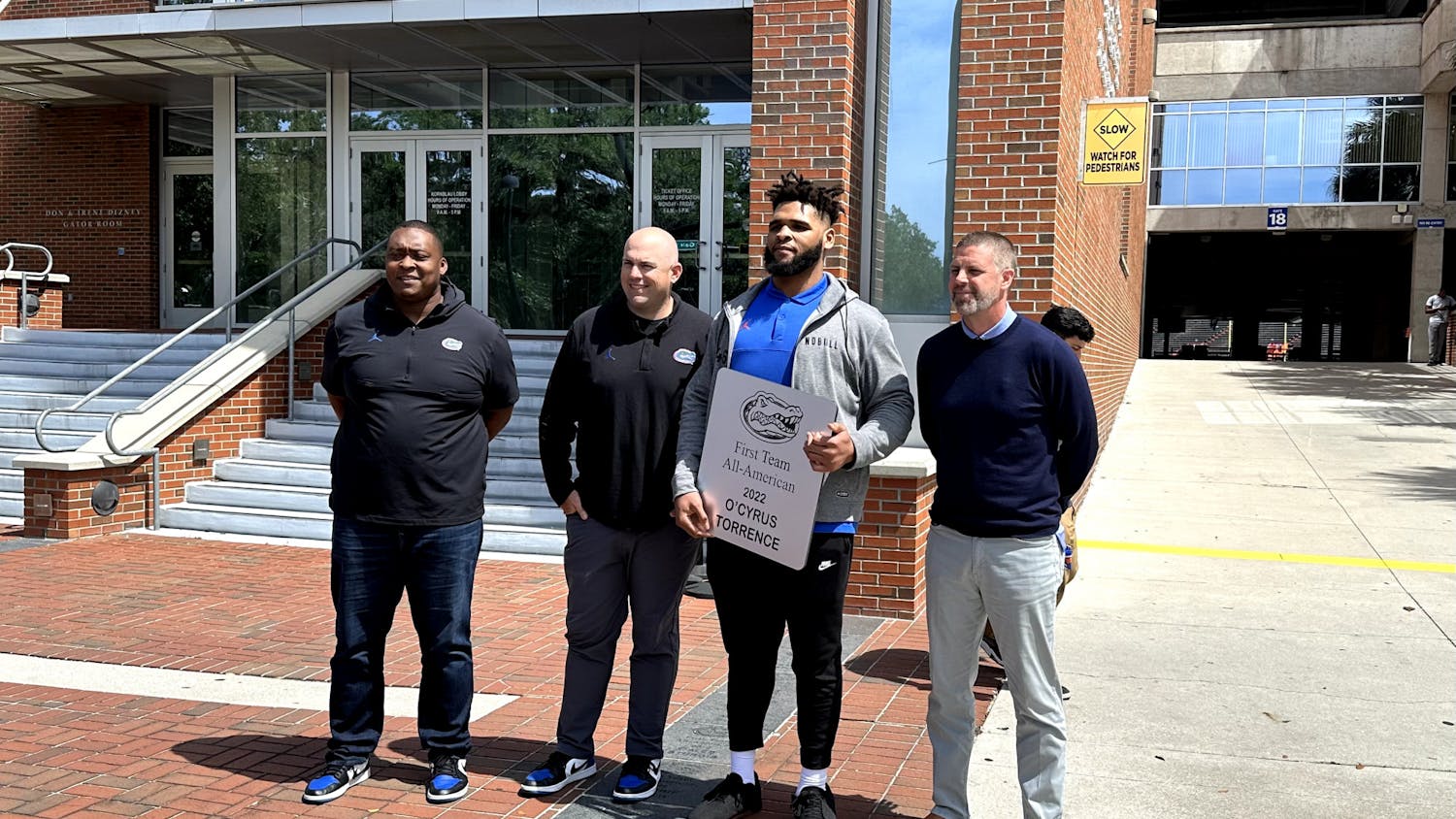I’m upset that Ana Laura Martinez was offended by the Writing on the Wall Project, but I’m even more upset that Martinez completely missed the point of the activity. The presence of the word “Cuban” on one of those bricks does not mean that the word itself is inherently offensive and derogatory. Instead, it means that the person who wrote “Cuban” on his/her brick felt offended when they heard someone say that word. This distinction is hardly about semantics. The difference is that the person who wrote “Cuban” on his or her brick felt victimized by the speaker, who perverted the meaning of a perfectly reasonable ethnic description.
Perhaps the speaker said the word with an offensive tone. Or maybe the speaker used the word “Cuban” to describe a negative character trait, such as the use of the word “Gyp” or “Jew” to describe a person who takes advantage of another in a financial transaction. (I apologize to any Gypsies and to my fellow Jews who may have been offended by this example. I am merely trying to illustrate a point and do not mean to suggest that these uses are acceptable.) The bottom line is that Martinez is right about one thing: The word “Cuban” is certainly not offensive. The problem is when people say that word in an offensive manner. These people may not realize the impact of their words at the time, which is why we need the wall to serve as a tangible reminder that our words can — and often do — hurt. I will proudly tear down the wall on Friday as the first step toward tearing down the walls between members of different religions, races, ethnicities and other backgrounds. I hope to see Martinez there, now that she understands the purpose of the project.
Deborah Swerdlow
4JM/4LS
I’m upset that Ana Laura Martinez was offended by the Writing on the Wall Project, but I’m even more upset that Martinez completely missed the point of the activity. The presence of the word “Cuban” on one of those bricks does not mean that the word itself is inherently offensive and derogatory. Instead, it means that the person who wrote “Cuban” on his/her brick felt offended when they heard someone say that word. This distinction is hardly about semantics. The difference is that the person who wrote “Cuban” on his or her brick felt victimized by the speaker, who perverted the meaning of a perfectly reasonable ethnic description.
Perhaps the speaker said the word with an offensive tone. Or maybe the speaker used the word “Cuban” to describe a negative character trait, such as the use of the word “Gyp” or “Jew” to describe a person who takes advantage of another in a financial transaction. (I apologize to any Gypsies and to my fellow Jews who may have been offended by this example. I am merely trying to illustrate a point and do not mean to suggest that these uses are acceptable.) The bottom line is that Martinez is right about one thing: The word “Cuban” is certainly not offensive. The problem is when people say that word in an offensive manner. These people may not realize the impact of their words at the time, which is why we need the wall to serve as a tangible reminder that our words can — and often do — hurt. I will proudly tear down the wall on Friday as the first step toward tearing down the walls between members of different religions, races, ethnicities and other backgrounds. I hope to see Martinez there, now that she understands the purpose of the project.





